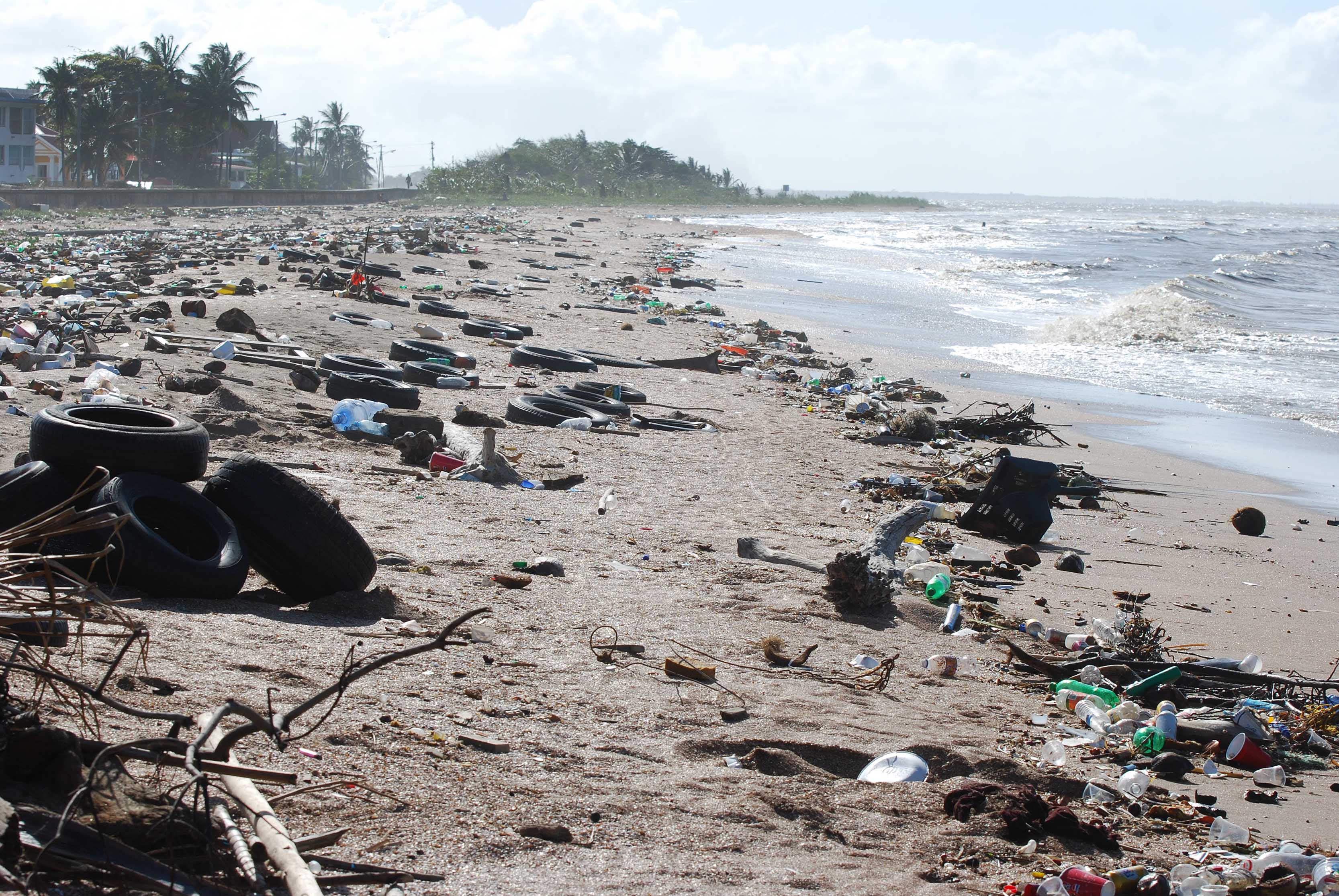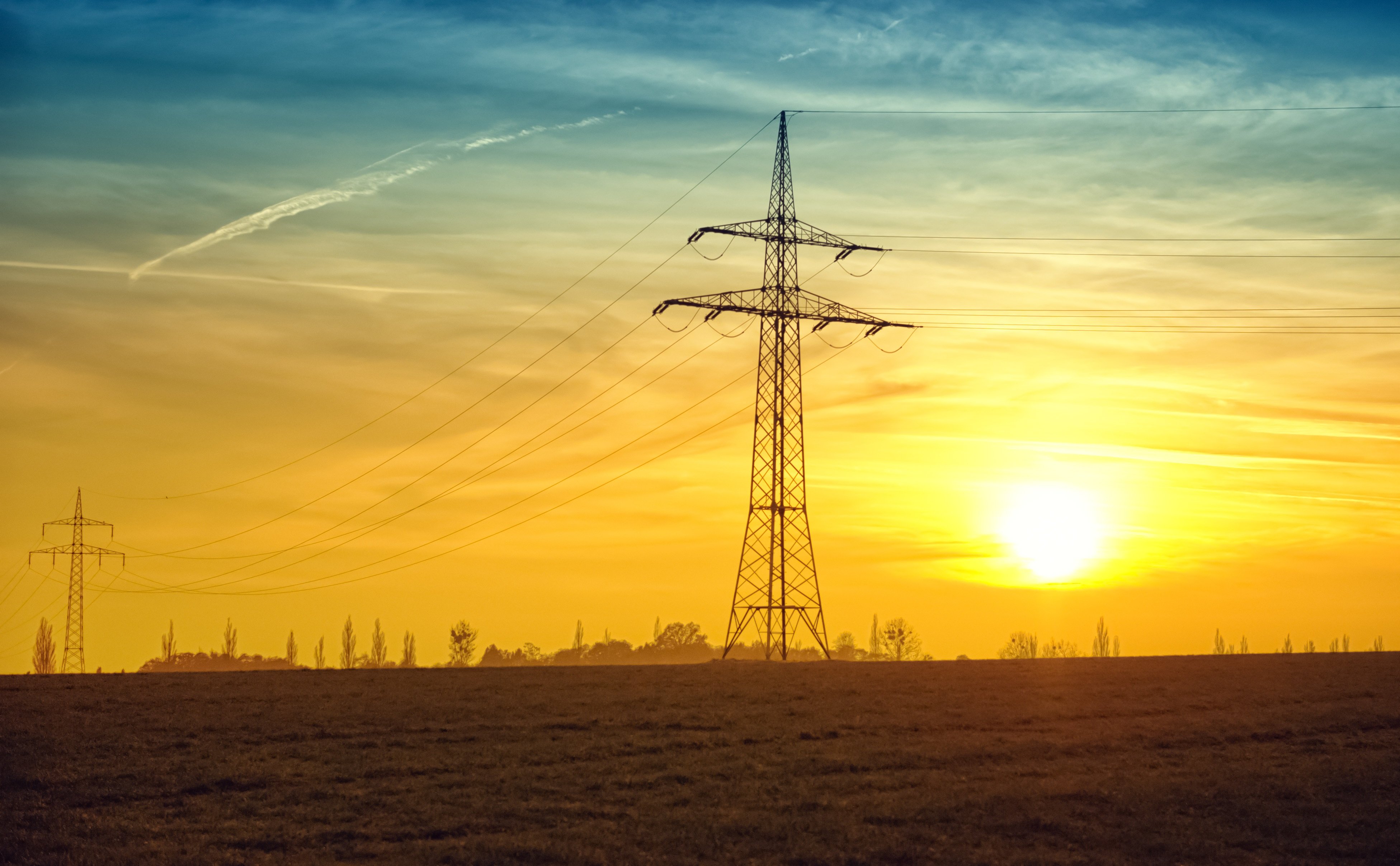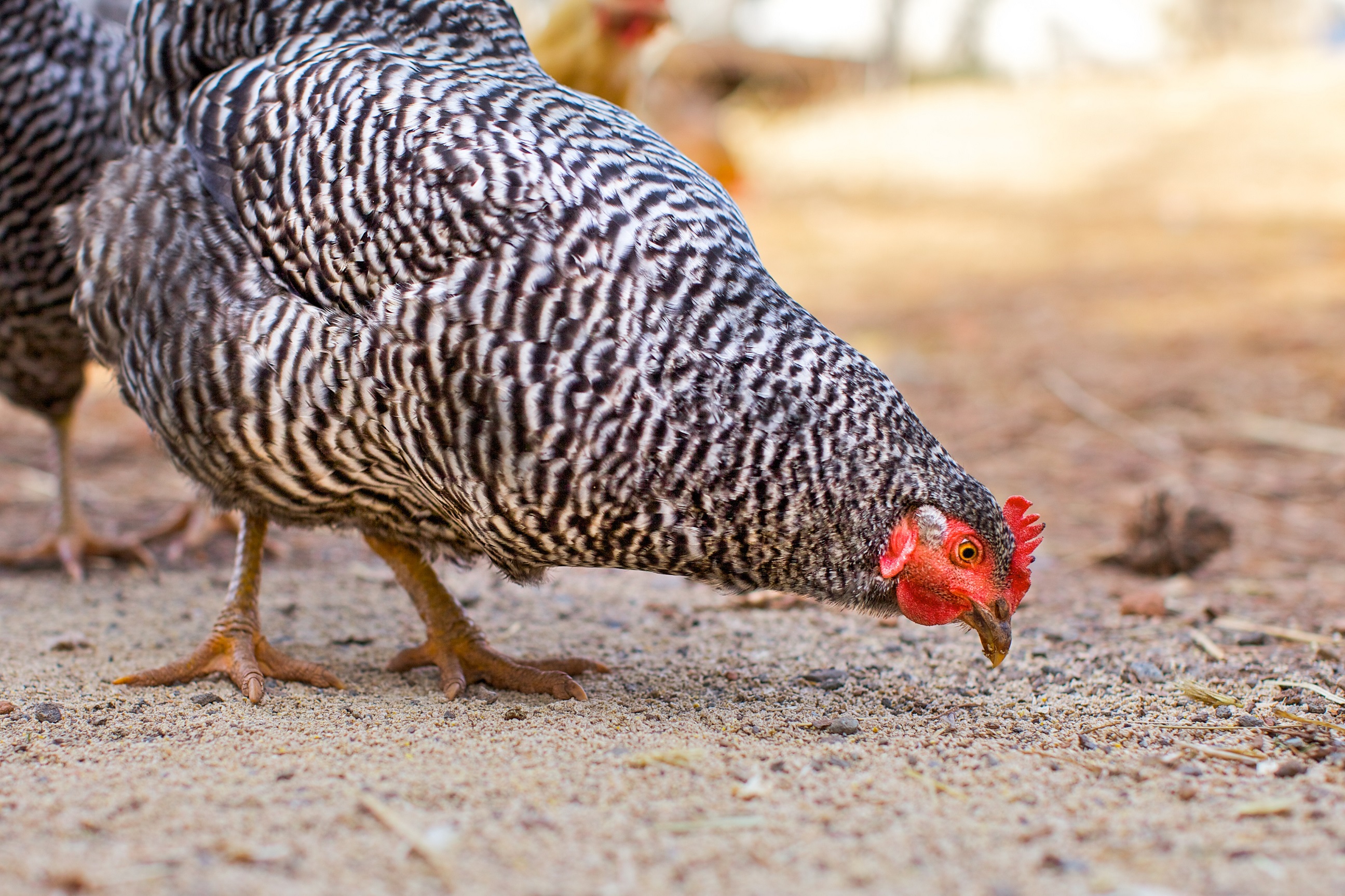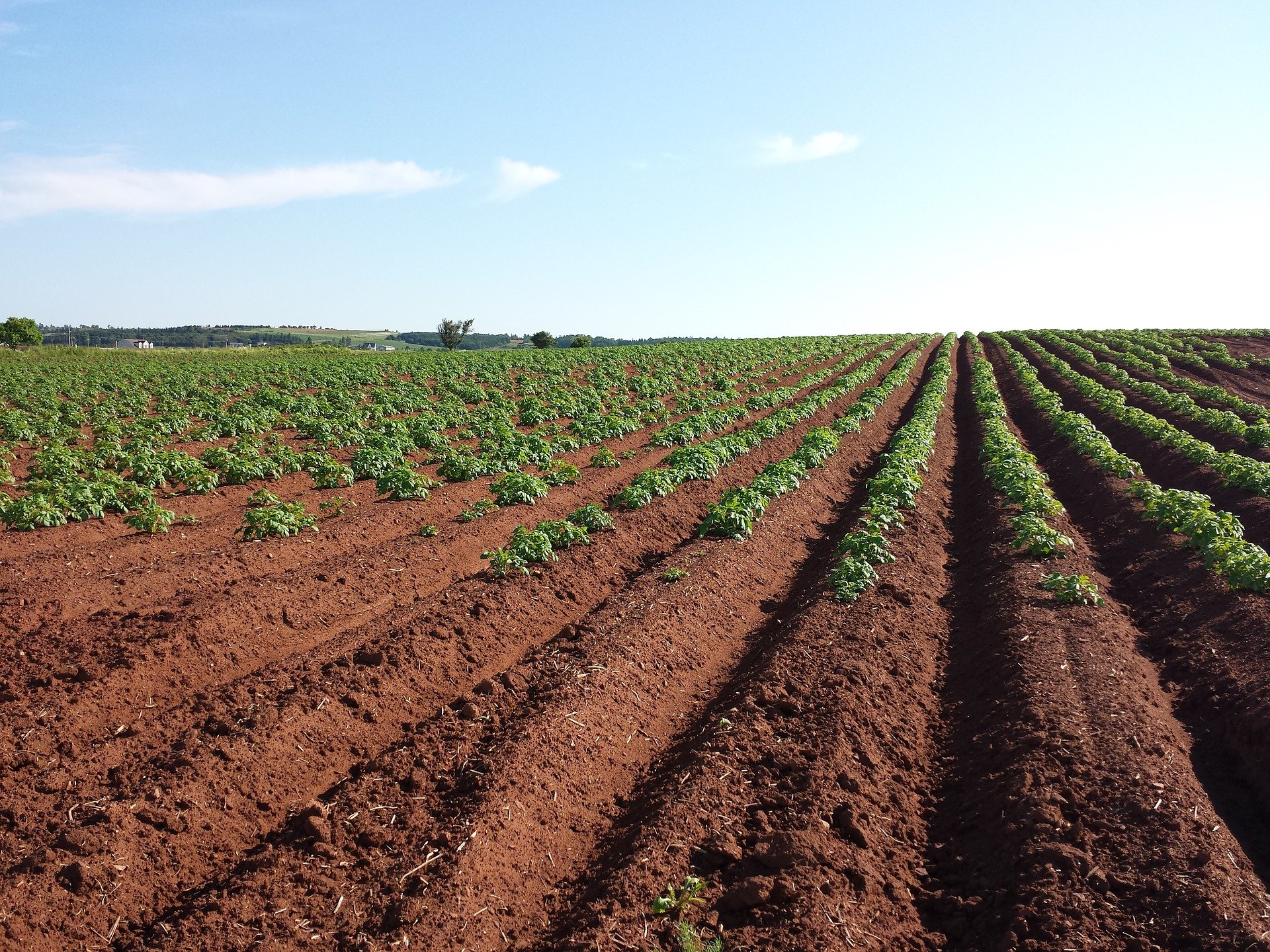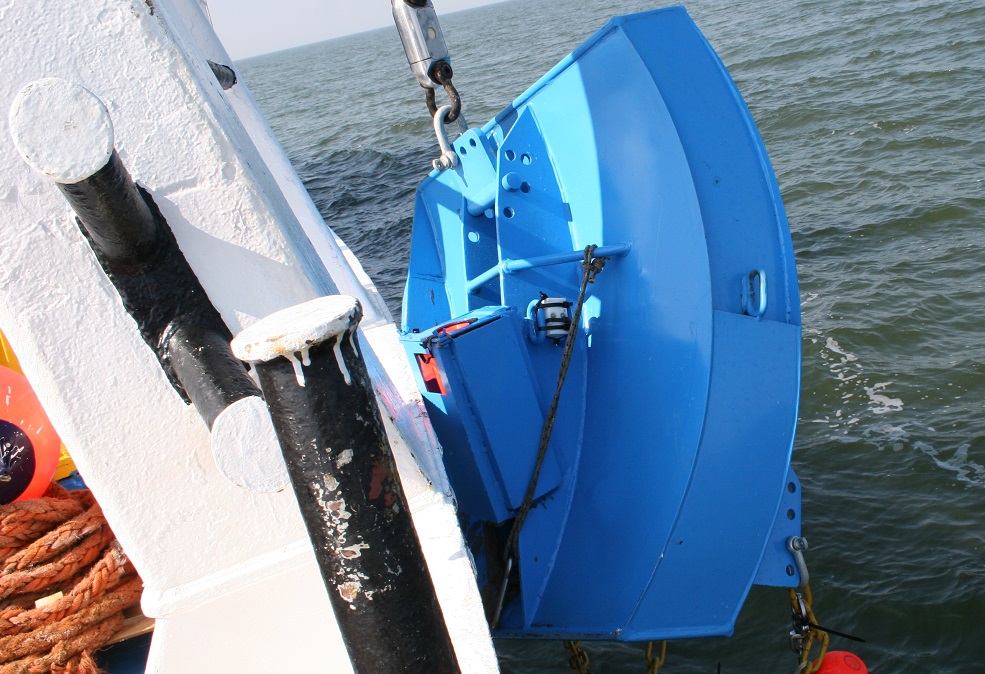Sticky tape and simulations help assess microplastic risk
by Natalie Grover Tiny pieces of plastic, now ubiquitous in the marine environment, have long been a cause of concern for their ability to absorb toxic substances and potentially penetrate the food chain. Now scientists are beginning to understand the level of threat posed to life, by gauging the extent of marine accumulation and tracking … Read more

